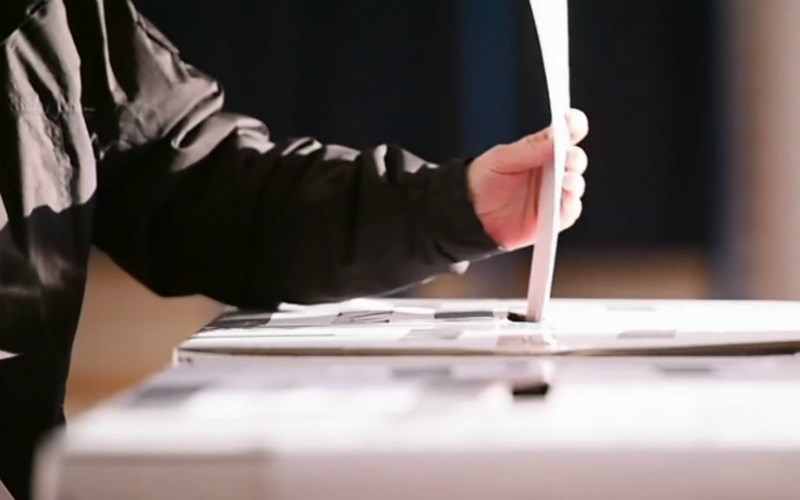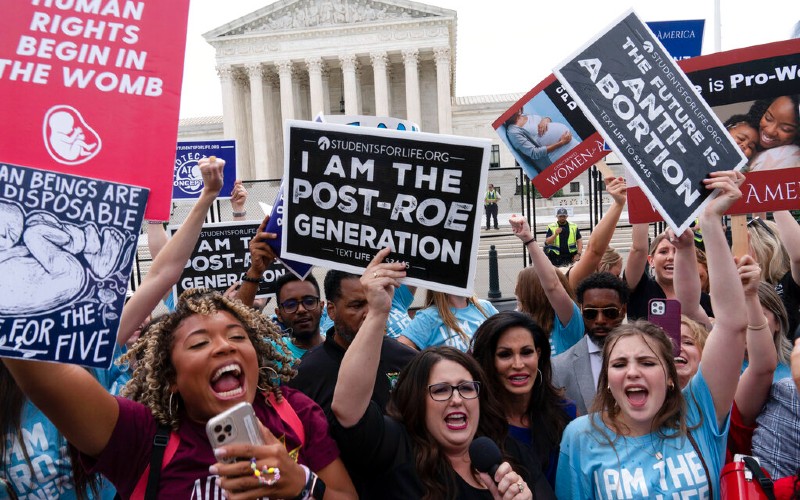In an 8-1 vote, the U.S. Supreme Court gave Republican legislative leaders in North Carolina a win Thursday in a fight over the state's photo identification voting law. That law requires voters to present a driver's license, a passport, or certain forms of student and local government IDs. It had been vetoed by a Democratic governor, but then overridden by state lawmakers.
Writing for the majority, Associate Justice Neil Gorsuch said that through the NC General Assembly, "the people of North Carolina have authorized the leaders of their legislature to defend duly enacted state statutes against constitutional challenge. Ordinarily, a federal court must respect that kind of sovereign choice – not assemble presumptions against it."
The high court's ruling doesn't end the three-year-plus dispute over the NC voter ID law, which has been challenged by Democrats and their allies in state and federal courts – it just means legislative leaders can intervene in the federal case to defend the law.
A lower court had ruled the lawmakers' interests were being adequately represented by the state's attorney general, Democrat Josh Stein. But J. Christian Adams, a former DOJ attorney who is now president of Public Interest Legal Foundation, says the lawmakers had "good reason" to believe the state's AG and the Board of Elections wouldn't defend the law.

"Because … when he was in the legislature [Stein] voted against voter ID," Adams explains to AFN. "So, it wasn't exactly a mystery as to what was going to happen – and that's why the North Carolina legislature voted and passed a law to give them the right to defend the law because they knew this North Carolina attorney general didn't do a very good job defending the law."
In Adams' opinion, this ruling bodes well as the case moves forward – particularly when there are factions within a state that may sabotage the defense of that state's election laws.
"On one hand, the court gave some clues and talked about how the voter ID was free for everybody and so forth," he says. "[But] it's noteworthy that this was an 8-1 opinion – 8 to 1! [Justices] Kagan and Breyer joined with [Justices] Thomas and Alito in upholding the North Carolina legislature's power to intervene in the case. This was not a close call!"
Adams says with the legislators able to intervene there will at least be a fair fight.
The case was Berger v. North Carolina Conference of the NAACP. Associated Justice Sonia Sotomayor was the lone dissenter.







